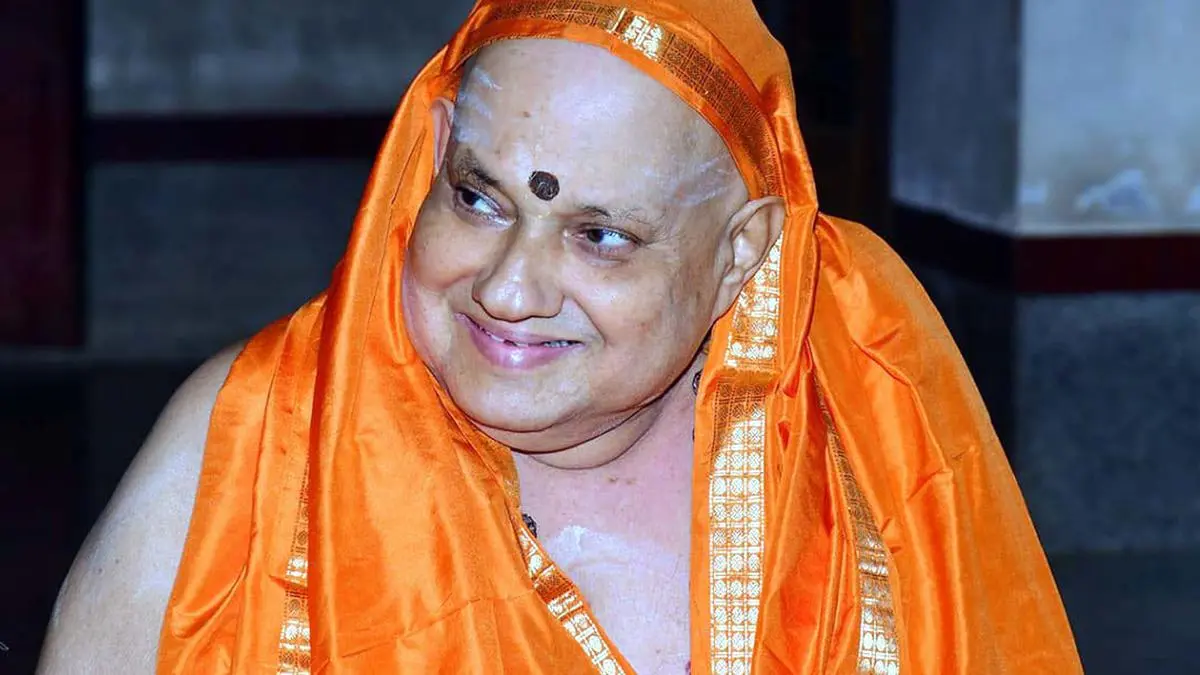The Kesavananda Bharati case is considered one of the most important decisions in the history of Indian constitutional law. The case was heard by a thirty-member bench of the Supreme Court of India and the judgment was delivered on April 24, 1973. This year is commemorating the 50th year of the landmark case.
 |
Kesavananda Bharti |
The case was filed by Hindu Mahant Kesavananda Bharati, who filed a petition in the Supreme Court questioning the constitutional validity of the 24th Amendment to the Indian Constitution. This amendment sought to deprive the judiciary of the power to review constitutional amendments. The case raised fundamental questions about the nature of the Constitution of India and the scope of the amending power of Parliament.
The Kesavananda Bharati case is significant for a few reasons. First, it established the doctrine of the "basic structure" of the constitution, which bars certain fundamental features from being amended by the constitution. The Fundamental Structure Doctrine acts as a check on the power of Parliament and ensures that the Constitution stays true to its fundamental principles.
Second, the case marked a turning point in the relationship between the judiciary and the executive. Prior to the Kesavananda Bharti case, the Indian judiciary saw its powers as narrow and restrained from interfering in policy matters. The case gave courage to the judiciary to assert its powers and assert independence from the executive.
Third, the case was a significant victory for the principles of federalism and democracy. The judgment recognized that the Constitution is a living document which must adapt to the changing needs of the society. The court held that the amending power of Parliament is subject to the limitations imposed by the Basic Framework Doctrine and the Constitution has to be interpreted in a framework promoting the principles of federalism, democracy and rule of law.
Fourth, the case had a profound impact on the Indian political system. It established the judiciary as an independent and powerful institution and helped strengthen the principles of constitutionalism and rule of law. The decision has been cited in many future cases and has had a major influence on the development of Indian constitutional law.
In conclusion, the Kesavananda Bharti case is a testimony to the power of the Indian Constitution and the strength of India's democratic institutions. The judgment recognized the principles of democracy, majoritarianism, and rule of law, and it helped protect these values from the encroachments of atheism and populism.
In conclusion, the Kesavananda Bharti case is a landmark judgment in the history of Indian constitutional law. It established the basic principle of the constitutional framework, strengthened the principles of federalism and democracy, and helped establish the judiciary as an independent and powerful institution. The judgment remains important today, and its legacy will shape the development of Indian constitutional law for many years to come.

